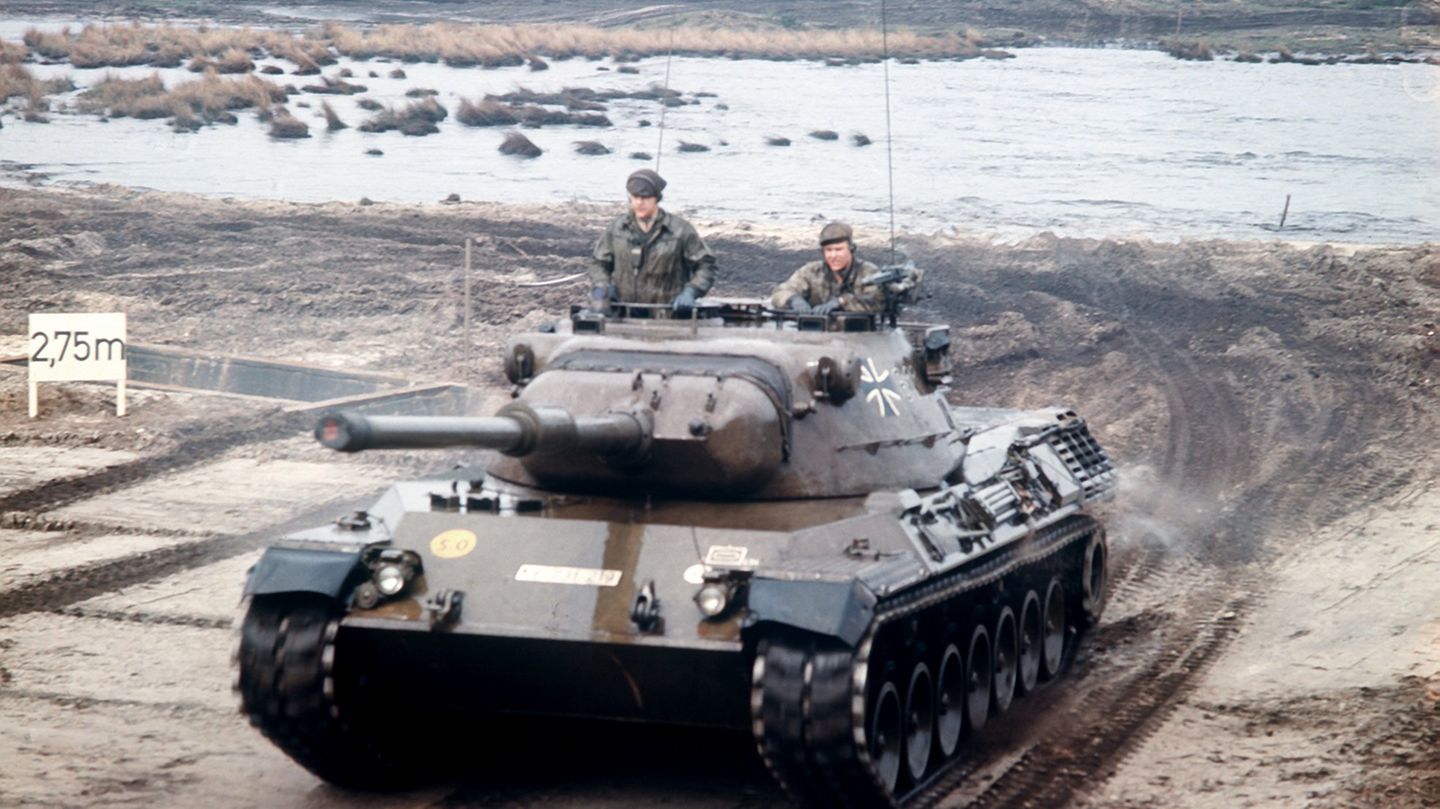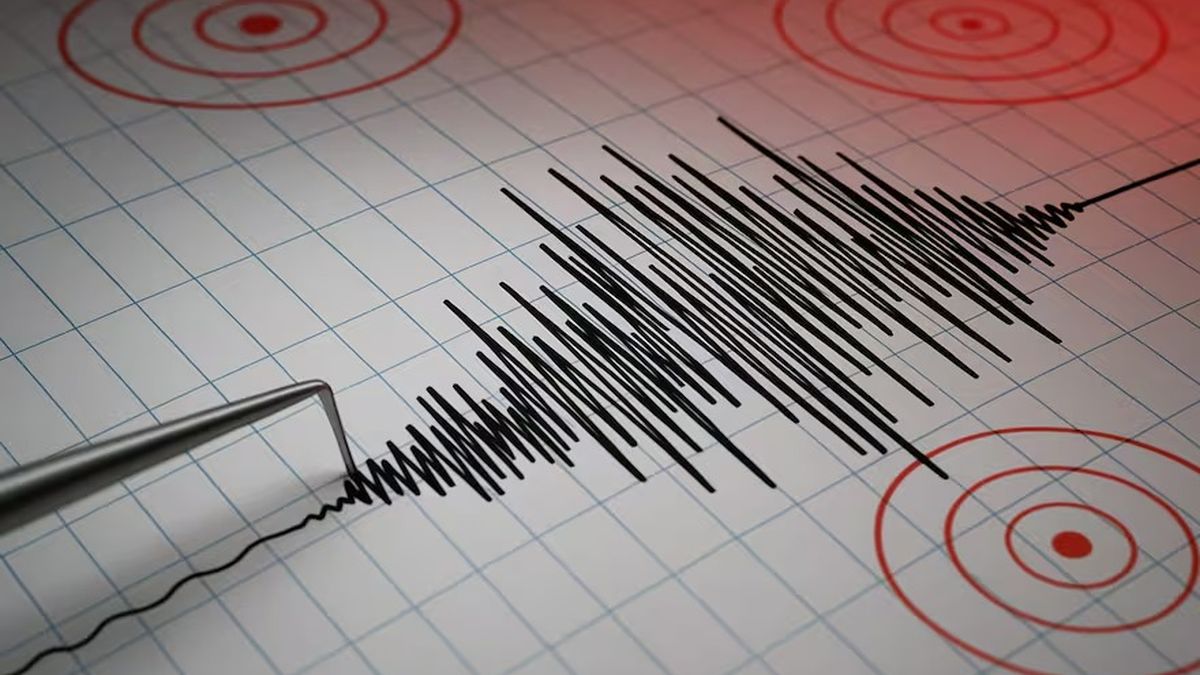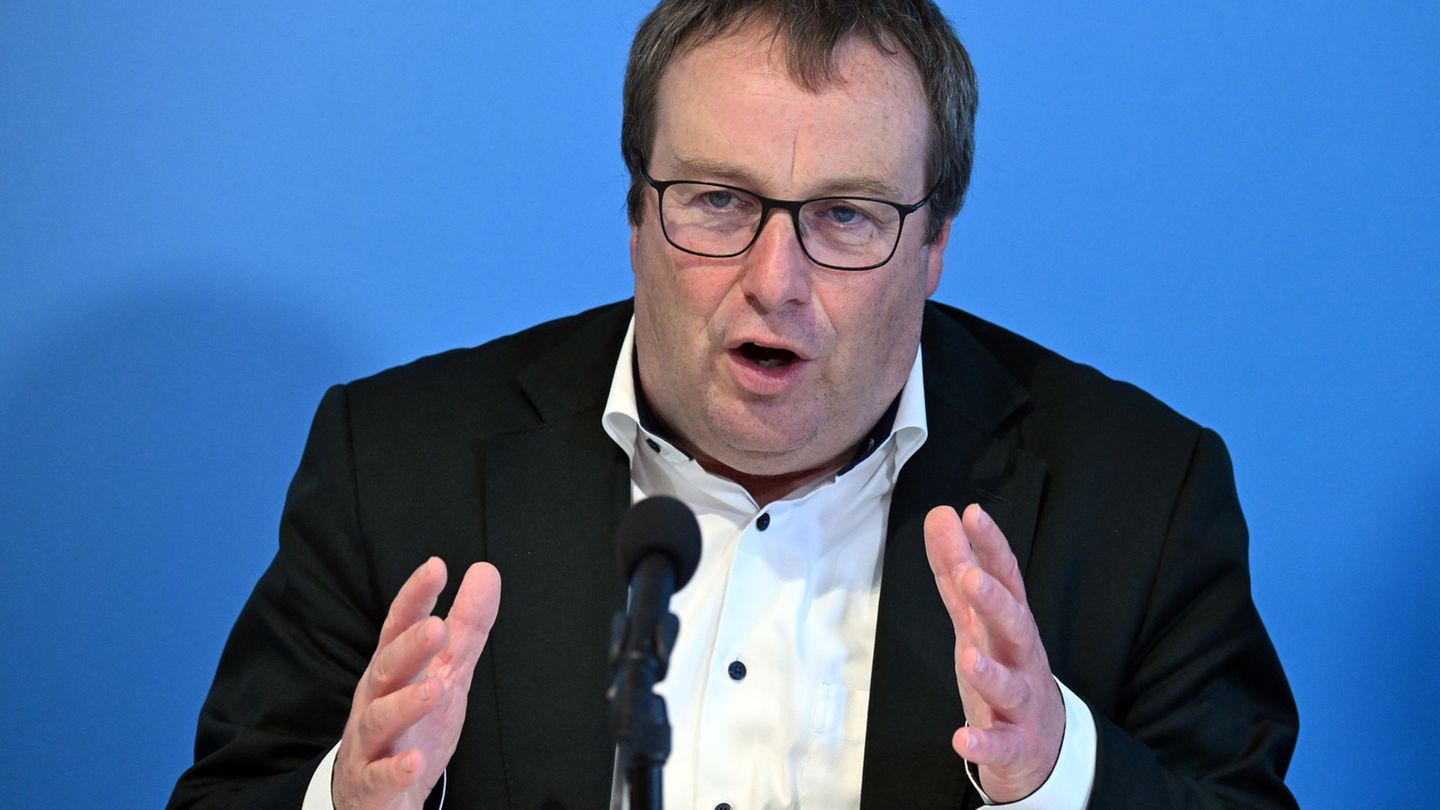War has been raging in Ukraine for 58 days. In Germany, the discussion revolves around the delivery of heavy weapons. But isn’t it about time to ask yourself completely different questions?
It was always said of former Chancellor Angela Merkel that she would think through complicated issues from the end. Regardless of how one assesses Merkel’s role in Russia and Ukraine politics in recent years and decades: On the 58th day of the Russian invasion, it might be time to analyze the Ukraine war using the Merkel method.
In the past few days, the debate has frantically revolved around a single question: Should NATO, and especially Germany, deliver heavy weapons to war zones? Chancellor Olaf Scholz was criticized for his hesitant attitude, but above all for his diffuse communication style. Scholz had proclaimed a turning point in the Bundestag and promised billions for the modernization of the ailing German armed forces. But in the days that followed, the chancellor largely fell silent. What’s more: Because other NATO countries not only communicated more clearly, but also acted more quickly and pragmatically, the impression was repeated that Germany – as before with Nord Stream 2 and the question of a gas embargo – was perceived as a brakeman, as a country that puts its own economic interests above the well-being of Ukraine.
But ultimately the question “heavy equipment yes or no” is just an intermediate step. Shouldn’t “think from the end” actually mean asking yourself completely different questions? About the following:
- What is the goal of all NATO efforts?
- How is this war supposed to end?
- What is the priority: a quick ceasefire or Ukraine winning the war?
- What can force Putin to the negotiating table?
- And last but not least: What should future politics with Russia actually look like?
Yesterday on ZDF – first at and then at – the participants in the discussions made the honorable attempt to find an answer to these questions, at least in part. However, both talks showed again how complicated the task is. An example of this was the clash between Erich Vad, a retired brigadier general, former member of the Federal Security Council and longtime adviser to Angela Merkel, and the German-Ukrainian publicist Marina Weisband at Maybrit Illner. “It bothers me when Green politicians present a military solution as the ultimate goal,” Vad said. “This is crazy!”
What is the goal: victory in Ukraine or a quick ceasefire?
Rather, for him it was crucial to bring about a quick armistice and not to declare Ukraine’s victory as a war goal. Weissband vehemently disagreed. In their eyes, a victory for Ukraine means pushing Russia behind the Ukrainian border and putting an end to the slaughter and rape of civilians. And that is why a victory for Ukraine is of course the legitimate goal of all Western efforts.
Both understandable positions. And finally a well-known dilemma in politics: What is desirable? What is achievable? Morality versus Realpolitik.
A similar pattern applies to the question of how to force Vladimir Putin to the negotiating table. Only a defeat in Russia would persuade Putin to start negotiations, said CDU MP Roderich Kiesewetter bei Illner. “Nuclear war is more likely if we don’t help Ukraine.” “Russia is a nuclear power, so we have to be careful with arms deliveries and war rhetoric,” Vlad replied.” Especially, says Sigmar Gabriel, when there is a barbarian like Putin on the other side, who ultimately doesn’t care about international law.
In the case of Markus Lanz, it was the former Green politician Marieluise Beck who, referring to the deaths of people in Kharkiv and Mariupol, vehemently and understandably pleaded for German tank deliveries to Ukraine. The arrangement came from military expert and Stern Podcaster Carlo Masala. It’s not enough to simply put tanks there. “Then the chain jumps off. Where’s the new chain? Where’s the technician who can put the chain back on?” Masala outlined the approach taken by arms supply skeptics. On the other hand, there is also the argument: “Train people. Throw that into action. And if it helps for two weeks, then it helps, and then we can take care of the logistics chain later.”
The dilemma here too: What is right? What is wrong?
No easy answers in sight
“Thinking from the end”, the two talks showed again, that also means: allow the answers to be unsatisfactory. Or that there are no easy answers. A quick ceasefire that quickly ends the dying leaves a stale feeling that Putin’s heist in Crimea, Mariupol and Donbass will get through. Pushing back Russia with all NATO power, on the other hand, harbors the danger that a Kremlin chief who has been pushed into a corner will drop all the shackles of civilization and escalate the nuclear war.

You really don’t want to swap places with Scholz, Macron, Biden and Co at the moment. But a few sentences beyond apocalypse scenarios would be appropriate. For example, Olaf Scholz could perhaps explain what he thinks it means: “Putin must not win!” How is he going to do that? On the battlefield? In negotiations? And what does that even mean: win? Back behind the old borders? Get out of Mariupol, Crimea, Donbass?
All much more complicated questions than those about heavy equipment.
Source: Stern
David William is a talented author who has made a name for himself in the world of writing. He is a professional author who writes on a wide range of topics, from general interest to opinion news. David is currently working as a writer at 24 hours worlds where he brings his unique perspective and in-depth research to his articles, making them both informative and engaging.




